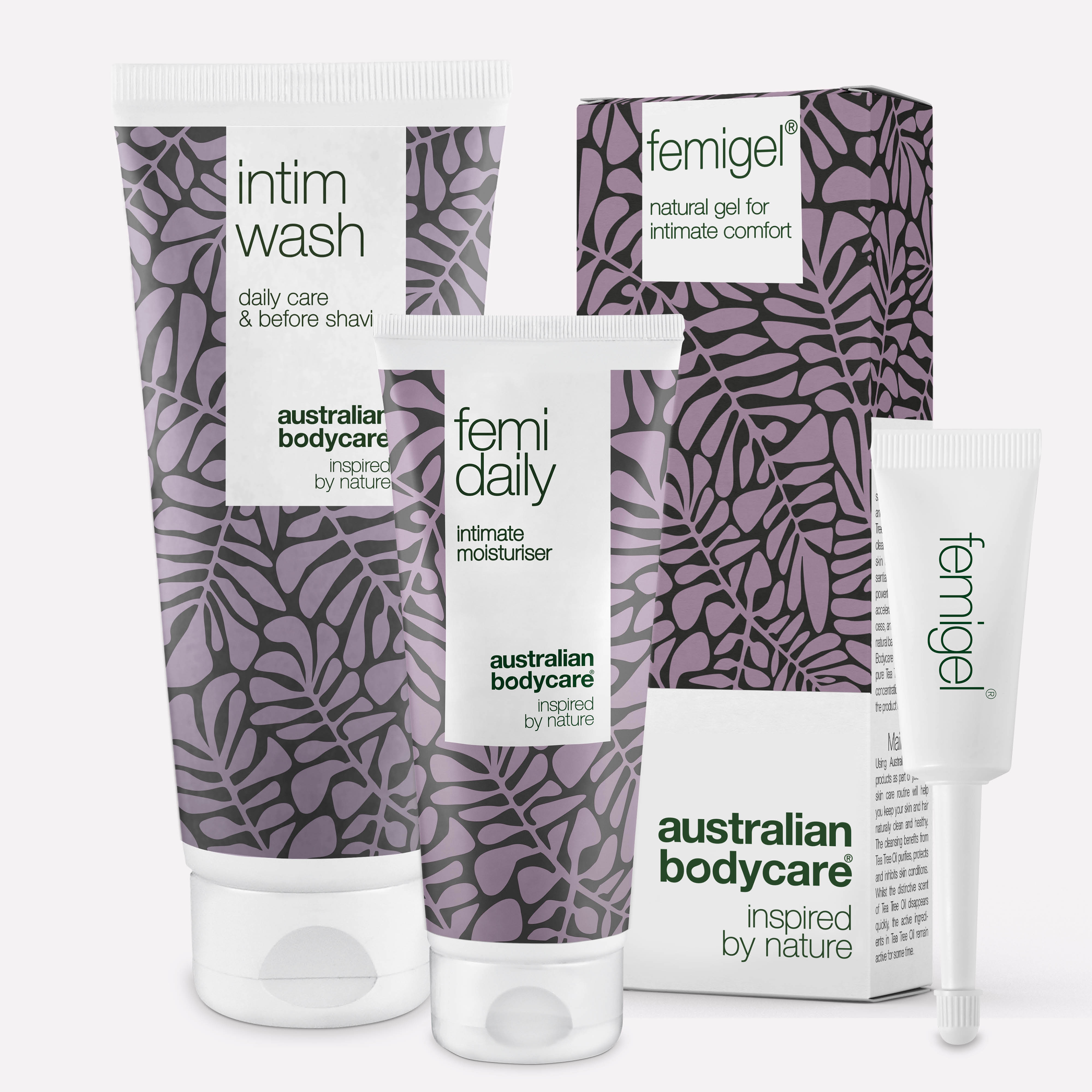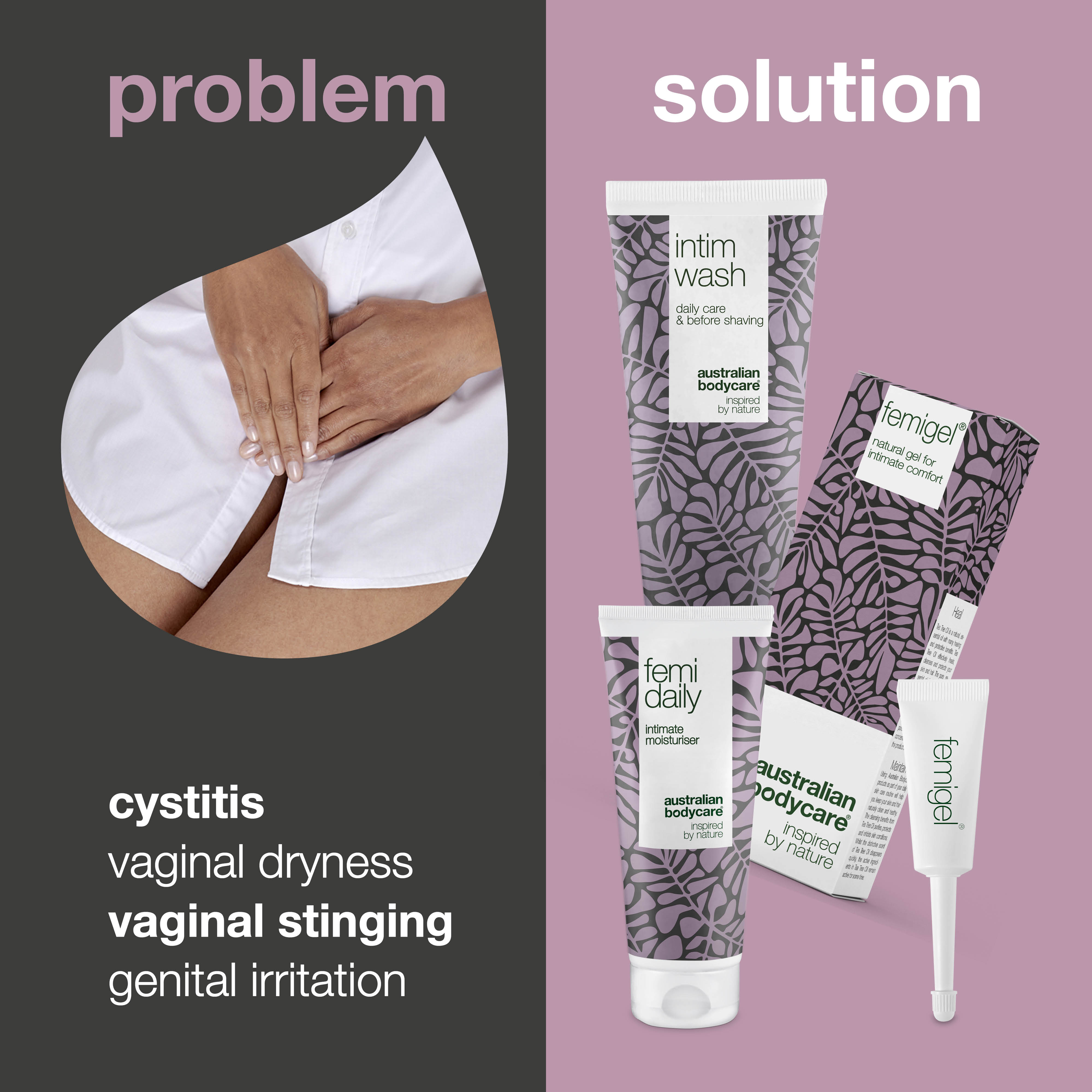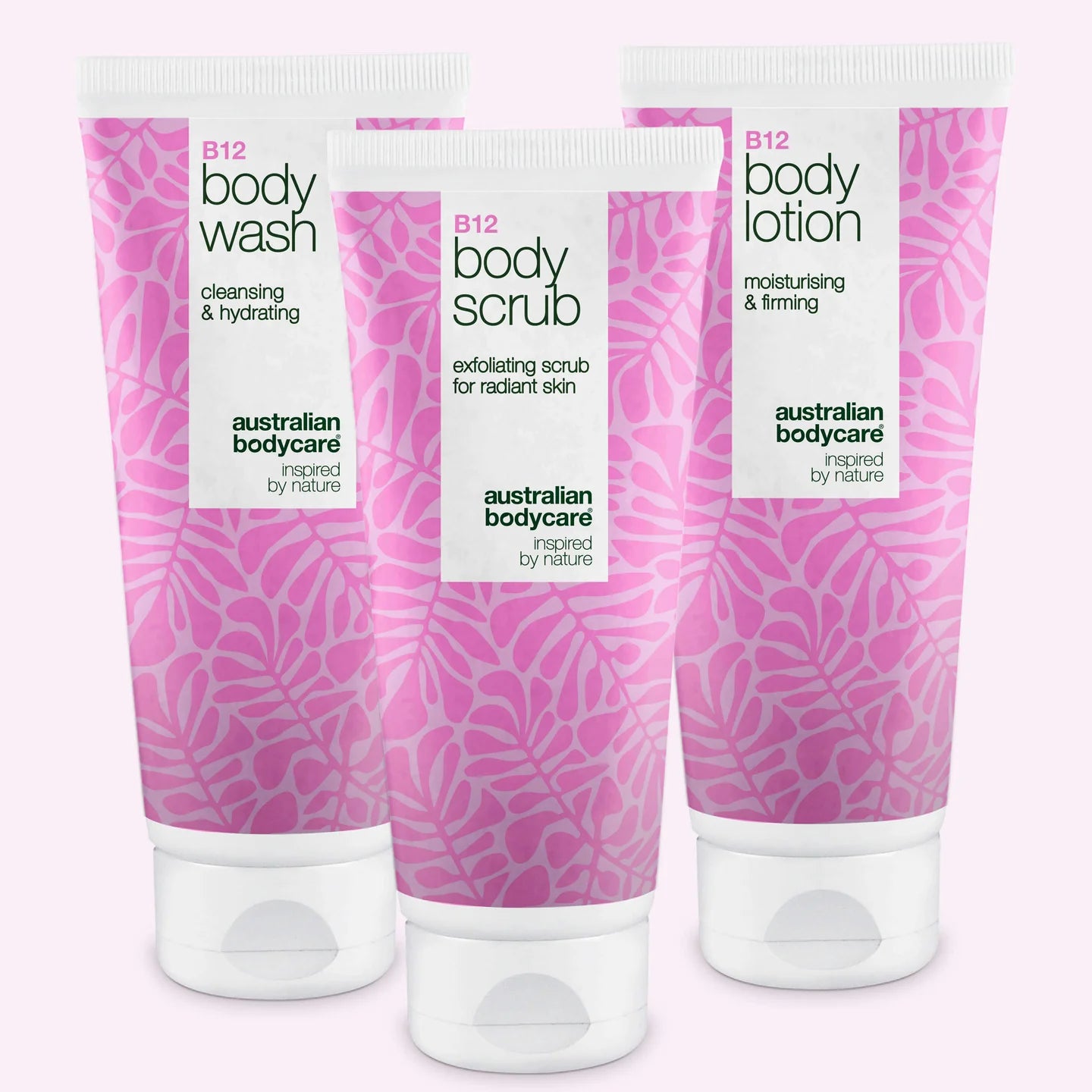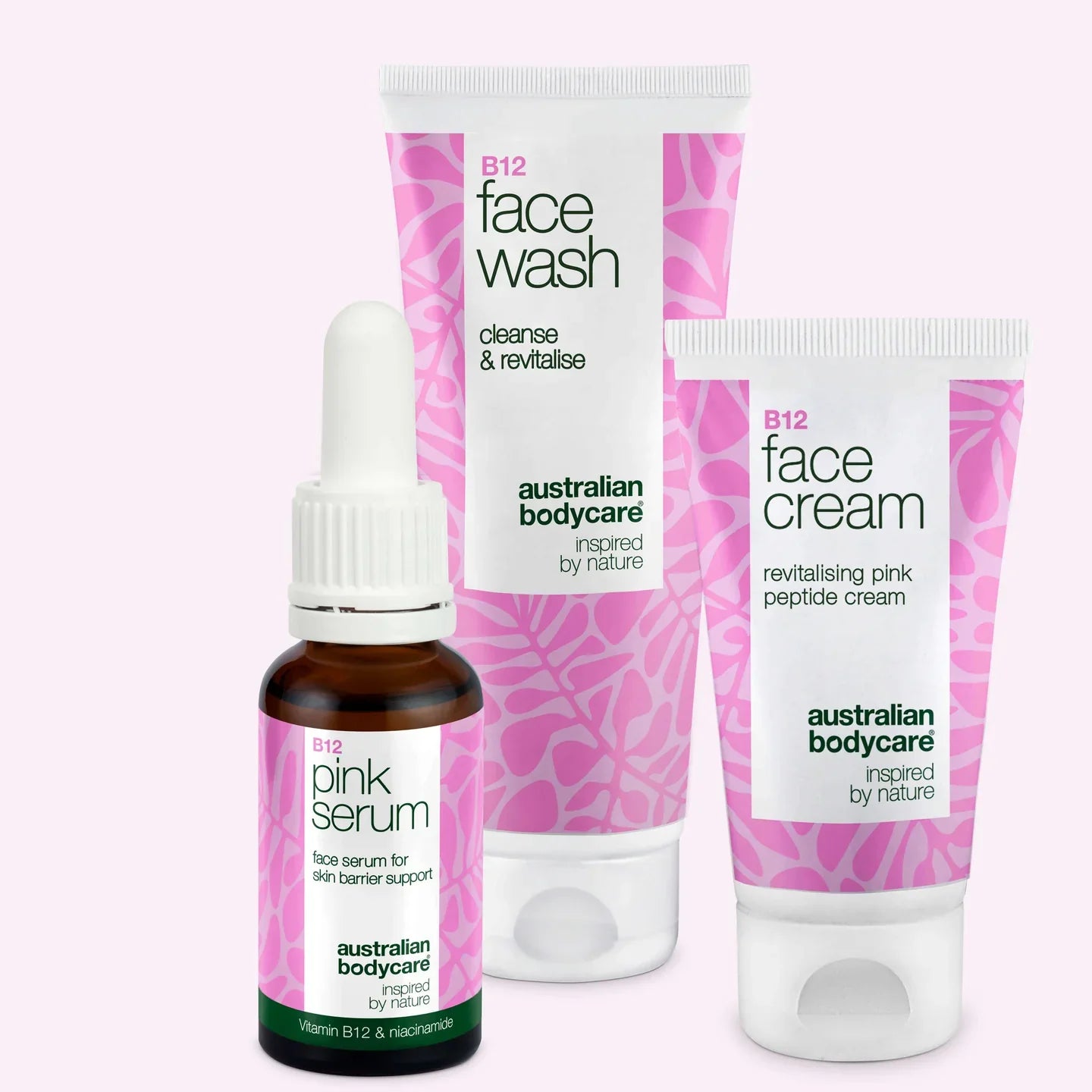Look out for bacteria in your intimate area!
Sun and summer is on its way, and for many that means swimming in pools and rapidly changing climates on holiday. This can be hard on your private parts. The intimate area is one of the most vulnerable parts of the female body. The skin is delicate, warm and particularly prone to bacteria.
This also makes it an area that for many women causes problems with redness, irritation, itching, burning and other discomfort - often when returning from holiday. And then the relaxing holiday can quickly turn into a nightmare when everyday life calls again. Most women experience intimate irritation at some point in their lives, and genital problems are often painful and embarrassing.
But actually, there's no need to suffer in silence. With a few simple steps and healthy, caring products, you can get rid of genital discomfort.
Table of contents
What is the cause of irritation in the intimate area
There are many reasons why you may experience itching and irritation in and around the genital area. Depending on the cause of the irritation, it requires different treatments - so it's always a good idea to consult your doctor if you're in any doubt.
Vaginal thrush
In some cases, the discomfort can be caused by vaginal thrush. Fungi naturally live on the vaginal mucous membranes - in particular, the yeast candida albicans. This in itself is completely harmless. However, the fungi become a real infection when they find favourable growth conditions and cause problems.
This type of yeast is particularly fond of warm and moist areas, which makes the vagina a great place for it to multiply. When the thrush is allowed to thrive and multiply, the natural balance between yeasts and other microorganisms in the vagina is disrupted, resulting in a fungal infection that often causes severe itching and increased vaginal discharge. The discharge can also change consistency and colour. Discharge from a thrush-infected vagina typically has a cottage cheese-like appearance.
Bacterial imbalance
However, in the vast majority of cases, intimate problems are caused by bacterial vaginosis. It's not a disease, but a condition where the natural bacterial balance is disrupted. Bacteria naturally live in and around the vagina, and the natural bacterial flora creates the best conditions for protection against unwanted bacteria. The vagina's natural environment is acidic thanks to lactic acid bacteria. If the amount of lactic acid bacteria decreases, the pH will also decrease - creating a more vulnerable environment.
But why do you get a bacterial imbalance in your vagina? There can be a multitude of reasons for this, too:
- Excessive intimate hygiene. It's important to keep your intimate area clean. But if you cleanse too often down there - and with too harsh a soap - you'll upset the natural balance in and around the vagina.
- Sex and sexual activities. Sex can disrupt the bacterial balance. This is because the vaginal environment is acidic on an acid-base scale, while semen is alkaline. Read more about burning after intercourse here.
- Tight-fitting clothes and underwear. Panties that are too tight prevent the skin from breathing, as do panties made of synthetic material. This creates a too hot and humid environment.
- Hot pools and spas. The heat and humidity from pools and spas can upset the balance in the vagina, as well as harbour many bacteria. Sudden changes in climate, such as on holiday, can also change the bacterial flora.
- Medicines and treatments. Various drugs such as antibiotics can inhibit the growth of bacteria. The problem is, however, that the treatment also kills the 'good bacteria' - throwing the balance off course.
Dry mucuous membranes
The vagina contains mucous membranes that are moisturised by vaginal discharge. But for many women, dry mucous membranes become an almost debilitating problem that causes severe pain in the intimate area. In many cases, this is because oestrogen production stops when women enter menopause. The mucous membranes become thinner and more vulnerable. However, it can also be caused by birth control pills or other medication.
Either way, dry mucous membranes often feel like a burning and stinging sensation in the vagina, which may be accompanied by some bleeding. Dry skin cracks faster than well-moisturised skin.
Wave goodbye to intimate discomfort
When bacteria really wreak havoc in the intimate area, you need to do something about it. Australian Bodycare has developed a unique pairing, Femigel and Femi daily, that effectively fights bacteria and restores the natural moisture balance. You don't have to suffer in silence when there are products to help combat intimate discomforts such as itching, irritation and dryness.
Femigel relieves pre-existing intimate discomfort, while Femi daily complements with its preventative effect. Both gels are hormone-free and made with pure, natural ingredients, so they are gentle on the delicate skin in the intimate area. The gels' high Tea Tree Oil content makes them unique, as the oil effectively counteracts bacteria that cause discomfort and discomfort - helping you to restore and maintain a natural bacterial flora.
The products are dermatologically tested and are therefore skin-friendly for even the most sensitive skin. In a clinical trial, 94% of women surveyed even said that Femigel had helped them with intimate dryness and irritation.
Femigel can be used twice a day for severe cases and every third day for mild discomfort. Use Femi daily preventively on a daily basis. Apply the light gel to the external genitalia on a daily basis - and feel free to use it before and after you jump in the pool on holiday. This will give you effective help to counteract the many bacteria from the pool.





